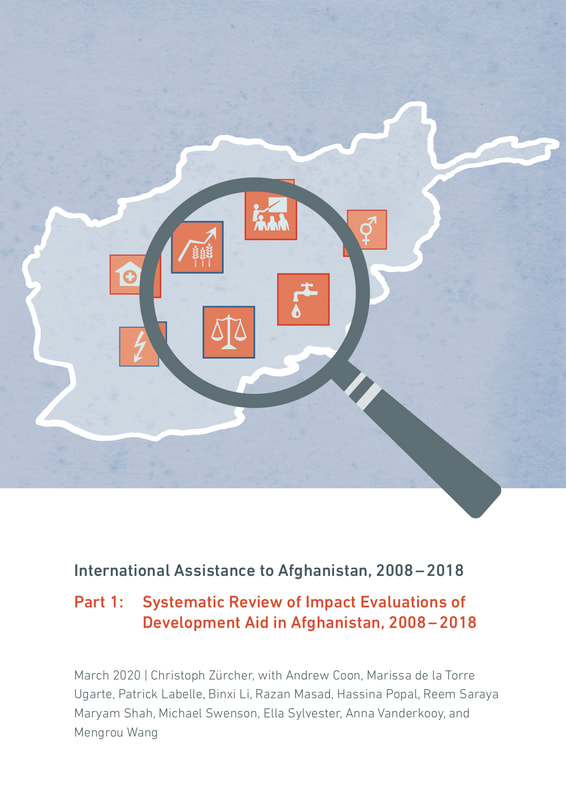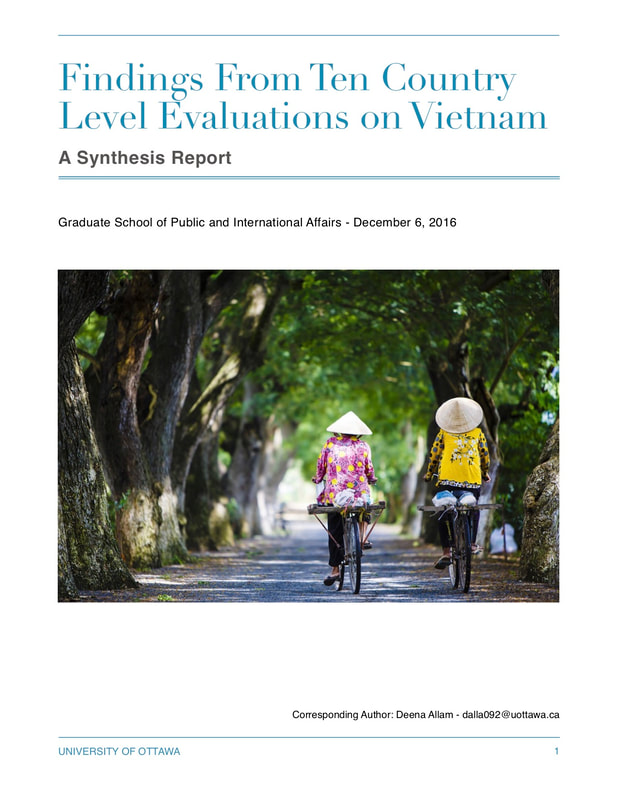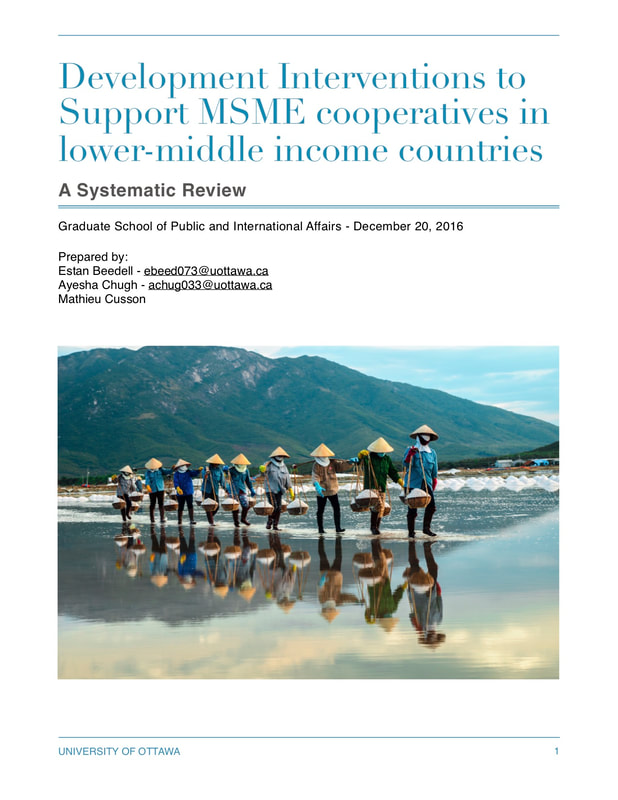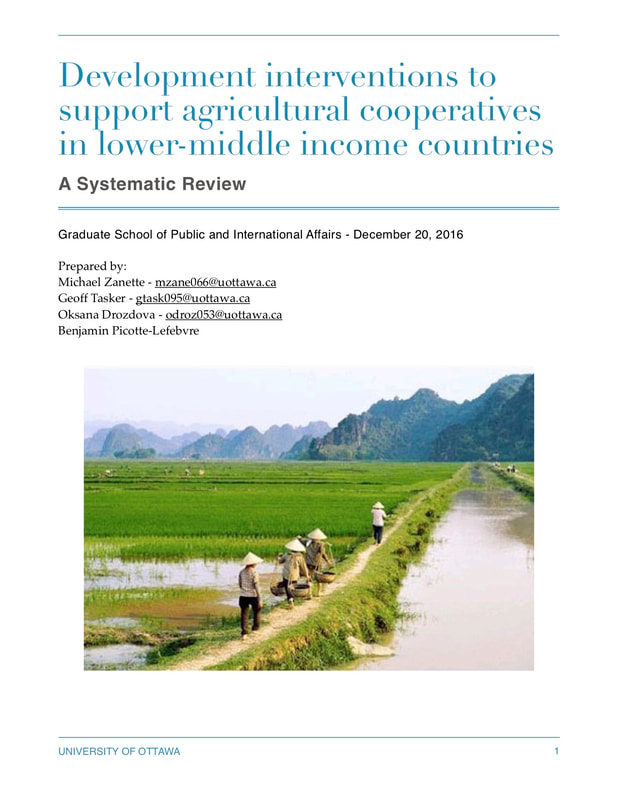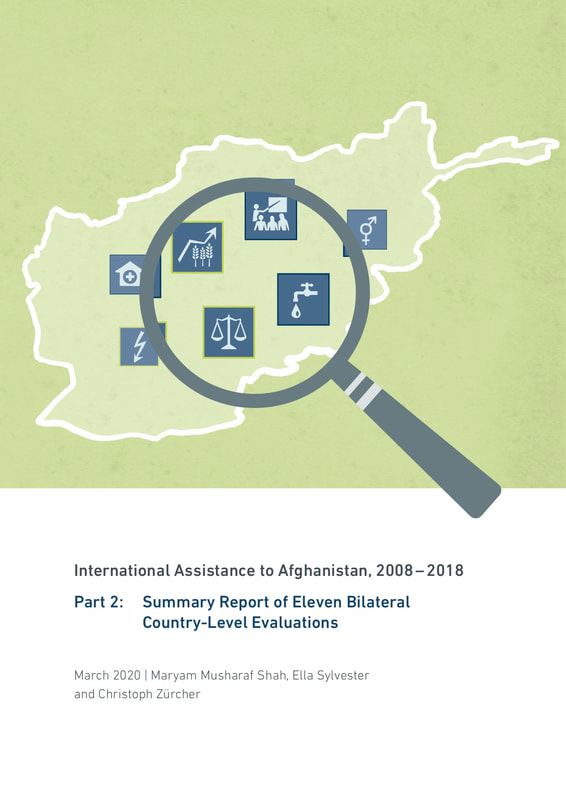Experiential Learning: The Evaluation Course (API 6339)
How can we know whether a policy or a program works? Who wants to know and why? And what happens with this knowledge?
This course investigates these questions. Students will learn about the basic methodological principles of evaluating policies or programs, dissect a range of evaluations, get insights of what is typically happening with this type of knowledge, and learn how to collect, analyze and synthesize evidence which is useful for policy makers.
The course is an exercise in experiential learning. The main objective is to produce real insights on real questions for real policy makers. Much of this class feels like an applied research project, with ample room for independent scholarly work.
Every year I team up with a partner/client and investigate a real-life problem which is of interest to our partner. Throughout the course we interact with our partners. Our "deliverables" (reports, policy papers, presentations.) are then be presented to the partner.
In recent years, we have worked with Global Affairs Canada and with the German Ministry for Economic Cooperation and Development on topics such as: Aid to rural vietnam; support for women in rural Vietnam; aid for cooperatives and SME in Vietnam; the Canadian Feminist International Development Assistance Policy (FIAP), esp, programs for reducing violence against women, programs for increasing enrollment of girls, and programs for economic growth for women and girls; international aid to Afghanistan.
You can find a sample syllabus for the course here.
This course investigates these questions. Students will learn about the basic methodological principles of evaluating policies or programs, dissect a range of evaluations, get insights of what is typically happening with this type of knowledge, and learn how to collect, analyze and synthesize evidence which is useful for policy makers.
The course is an exercise in experiential learning. The main objective is to produce real insights on real questions for real policy makers. Much of this class feels like an applied research project, with ample room for independent scholarly work.
Every year I team up with a partner/client and investigate a real-life problem which is of interest to our partner. Throughout the course we interact with our partners. Our "deliverables" (reports, policy papers, presentations.) are then be presented to the partner.
In recent years, we have worked with Global Affairs Canada and with the German Ministry for Economic Cooperation and Development on topics such as: Aid to rural vietnam; support for women in rural Vietnam; aid for cooperatives and SME in Vietnam; the Canadian Feminist International Development Assistance Policy (FIAP), esp, programs for reducing violence against women, programs for increasing enrollment of girls, and programs for economic growth for women and girls; international aid to Afghanistan.
You can find a sample syllabus for the course here.
